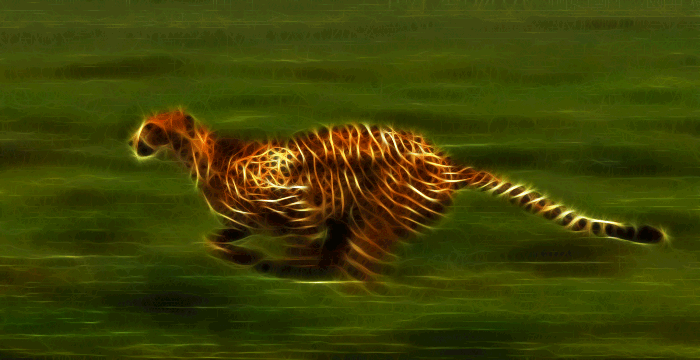If you’ve been following up on some news about studies and researches on animal extinction, you would realize that it has recently been happening at a very fast rate. Cheetahs are now running towards extinction, according to a new study that was published this week. What we need is urgent action to save the world’s fastest animals, especially that the study published in the Proceedings of the National Academy of Sciences, estimated that just 7,100 cheetahs remain in the wild, occupying just nine percent of the territory they once lived in.
According to the Zoological Society of London (ZSL) and Wildlife Conservation Society (WCS), Cheetah numbers in Zimbabwe have plunged by more than 85 percent in 16 years and fewer than 50 individuals survive in Iran. However, previous estimates mention that there were an estimated 100,000 cheetahs at the beginning of the 20th century.
“The cheetah is sprinting towards the edge of extinction and could soon be lost forever unless urgent, landscape-wide conservation action is taken,” ZSL said in a statement.
The study found that 77 percent of the animal’s remaining habitat falls outside protected areas, leaving it especially vulnerable to human interference. The main risks are humans hunting their prey, habitat loss, illegal trafficking of cheetah parts and the exotic pet trade, according to the study.
The report’s authors said cheetahs should be listed as “Endangered” instead of “Vulnerable” on the International Union for Conservation of Nature’s (IUCN) Red List of Threatened Species.
“Given the secretive nature of this elusive cat, it has been difficult to gather hard information on the species, leading to its plight being overlooked,” said Sarah Durant, the report’s lead author and project leader for the Rangewide Conservation Programme for Cheetah and African Wild Dog.
“Our findings show that the large space requirements for cheetah, coupled with the complex range of threats faced by the species in the wild, meant that it is likely to be much more vulnerable to extinction than was previously thought,” she said.
“We’ve just hit the reset button in our understanding of how close cheetahs are to extinction,” said Kim Young-Overton, from the wild cat conservation organisation Panthera.
“Securing protected areas alone is not enough. We must think bigger, conserving across the mosaic of protected and unprotected landscapes that these far-reaching cats inhabit,” she said.











